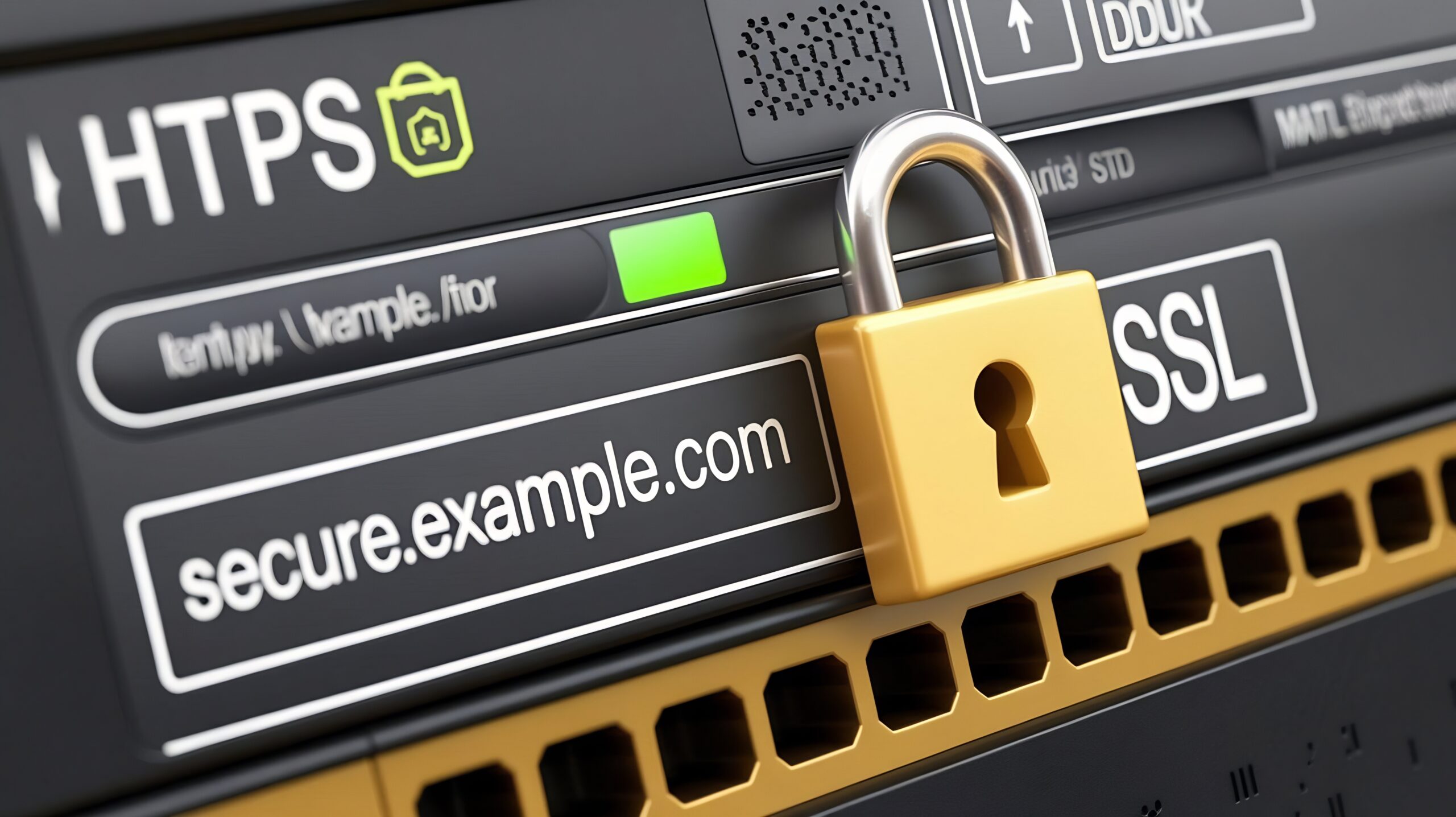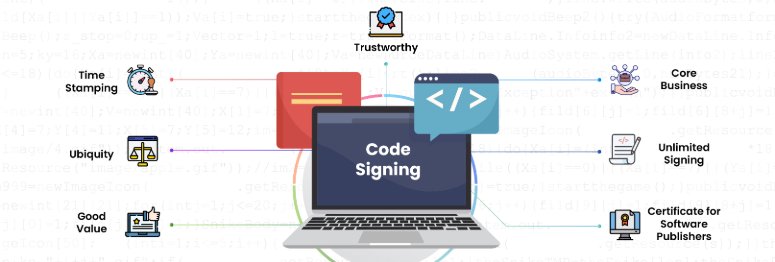Elevating Security in Software: The Imperative of Open Source Code Signing Certificates
Introduction
In the digital age, where software underpins the essence of business operations and personal computing alike, the sanctity of code has ascended to paramount importance. Open source code, with its ethos of collaboration and innovation, stands at the forefront of this evolution. Yet, this openness invites scrutiny under the lens of security. Enter the open source code signing certificate—a bastion of authenticity and integrity for code in the communal development arena.
The Essence and Necessity of Code Signing Certificates
Open source initiatives thrive on their communal nature, drawing from the global pool of intellectual curiosity and expertise. However, this model inherently exposes the code to potential vulnerabilities and malicious tampering. Herein lies the crucial role of the open-source code signing certificate. This digital safeguard certifies the code’s authenticity and remains untainted since its last endorsement.
What Defines an Open Source Code Signing Certificate?
A digital certificate performs the dual function of verifying the developer’s identity and ensuring the code’s integrity. By appending a unique digital signature, the certificate offers a verifiable pledge of the code’s authenticity, backed by a trusted Certificate Authority (CA). This CA not only validates the developer’s identity but also guarantees that the code remains unaltered post-signature.
The Imperatives for Adoption
Authentication
In the vast sea of open-source contributions, distinguishing genuine code from potentially harmful submissions becomes vital. The code signing certificate stands as a beacon of trust, affirming that the code indeed emanates from a credible source.
Integrity
The digital signature ensures the code remains inviolate, safeguarding against unauthorized modifications. Any tampering disrupts the signature’s validity, thereby alerting end-users to potential compromise.
Trust
This certificate fosters a bond of confidence between developers and users. It assures the latter of the code’s authenticity, enabling secure installation and use.
Compliance
Various industry regulations and government mandates necessitate code signing for software deployment. This adherence underscores the certificate’s significance in maintaining operational and security standards.
Implementing Code Signing: A Step-by-Step Guide
The deployment of an open-source code signing certificate unfolds through a series of deliberate steps:
- Key Pair Generation: The foundational step involves creating a private and a public key. The private key, a closely guarded secret, contrasts with the public key, which accompanies the code.
- Certificate Acquisition: Following key generation, developers must procure the code signing certificate from a reputable CA, which affirms the developer’s identity and issues the certificate.
- Code Signing: With the certificate in hand, developers sign the code using their private key. This action embeds a digital signature, attesting to the code’s integrity.
- Code Distribution: The final step involves distributing the signed code to the user base. Users, in turn, can verify the code’s authenticity through the digital signature, ensuring it remains untampered.
Spotlight on Certum: A Paradigm of Accessibility
Certum’s open-source code signing solutions, now available at SSLCertShop, exemplify the commitment to making digital security accessible. This offering, characterized by reliability and cost-effectiveness, empowers developers to sign their open-source projects confidently. SSLCertShop’s competitive pricing further democratizes access to high-quality code signing, ensuring developers can secure their software without financial burden.
Frequently Asked Questions
The Distinction Between SSL/TLS and Code Signing Certificates
Answer: While SSL/TLS certificates secure data transmissions between servers and clients, open-source code signing certificates focus on certifying the code’s authenticity and integrity. Both serve critical, albeit distinct, security functions.
The Applicability for Closed-Source Code
Answer: Open-source code signing certificates are equally applicable to closed-source projects, underlining their universal utility in verifying code authenticity, regardless of its source model.
The Implications of Certificate Expiry
Answer: Expired certificates invalidate the digital signature, casting doubts on the code’s trustworthiness. Renewal and re-signing are essential to maintain the code’s security and user confidence.
What are the main benefits of using an open-source code signing certificate for developers?
Answer: Open source code signing certificates offer a multitude of benefits, chief among them being the enhancement of software security and user trust. They provide a verifiable seal of integrity, ensuring that the code has not been altered post-signing. This bolsters confidence among end-users about the authenticity and safety of the software they are downloading and using. For developers, this translates into increased adoption, a stronger reputation, and compliance with security standards and regulations.
In Conclusion: A Pillar of Software Security
The open-source code signing certificate emerges as a critical tool in the developer’s arsenal, safeguarding the integrity and authenticity of software in an era of ubiquitous digital threats. This security measure transcends mere best practices, evolving into a requisite for fostering trust, ensuring compliance, and protecting the open source ecosystem’s vibrant dynamism.
Developers and organizations, recognizing the strategic importance of these certificates, should prioritize their implementation. In doing so, they not only secure their code but also fortify the trust of their user community, thereby contributing to a safer and more reliable digital landscape.











